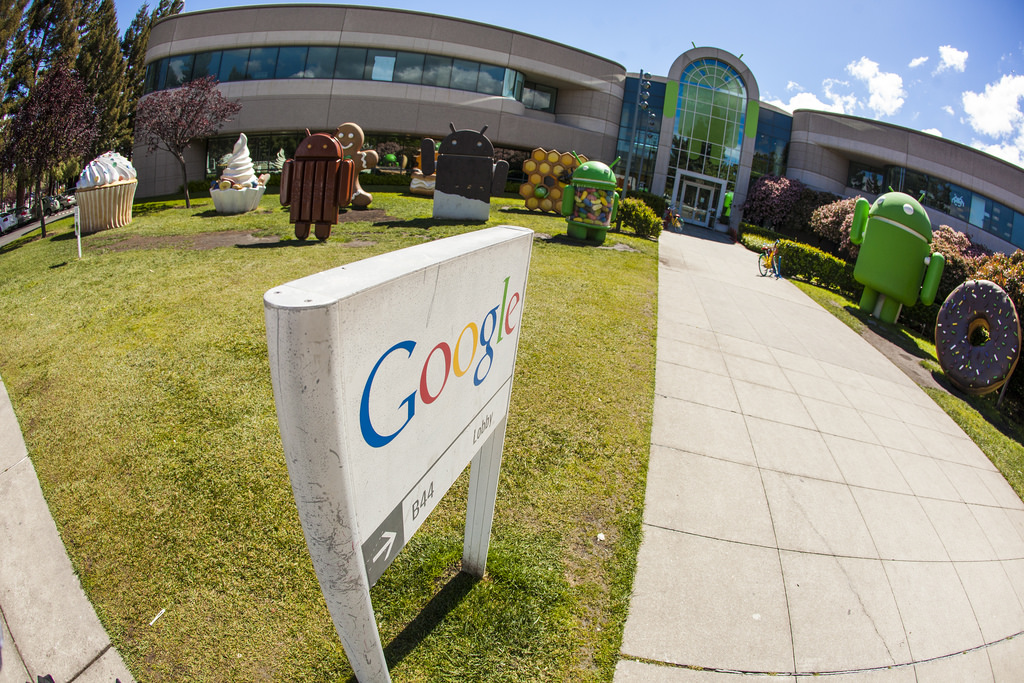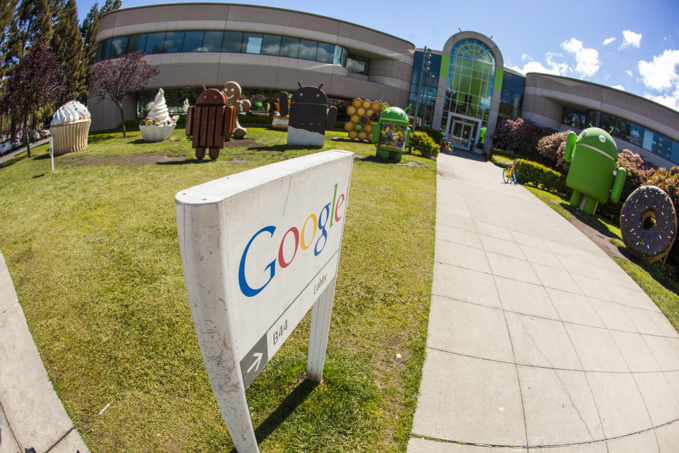Campaign for Accountability’s experts say that one of examples of Google’s lobbyism is creation of the Humboldt Institute for Internet and Society (HIIG) on the basis of the Berlin Humboldt University. The HIIG appeared just when German politicians expressed particular concern about Google's dominant position in the market. More than 400 European politicians and officials, including the Minister of Justice of the Federal Republic of Germany Sabine Leutheusser-Schnarrenberger attended opening of the center in October 2011. The minister also dealt with issues of antitrust law, copyright and the "right to be forgotten" at her post, and managed to prove herself to be an ardent critic of Google. Despite repeating accusations "in megalomania," in 2014 she entered the company's advisory board on the regulation of the "right to be forgotten."
According to the experts, since the inception of the center, Google has not only spent about € 9 million on it, but also helped to employ a number of former workers of Google. At present, HIIG staff has published more than 240 scientific papers and reports on Internet issues and its regulation, most of which affect Google's activities. Nevertheless, the company insists that it has no influence on the center’s activity.
Note that Facebook Inc. and Microsoft Corporation are also listed among the center’s donor companies.
Campaign for Accountability caught Google on funding centers that organize and hold round tables or conferences with the participation of European politicians, including officials of the European Commission. In the UK, for example, Google "made an effort" to create the Research Alliance for a Digital Economy (Readie), helped launch Net: Lab in France, CoLab - in Germany and the Digital Labs Laboratory (DELab) at the University of Warsaw in Poland.
Another way for Google to promote its own agenda is the establishment of special funds to sponsor scientists, professors and heads of departments. Such trust funds exist in the universities of France, Spain, Belgium and Poland. "The generous funding of scientists and think tanks helps Google to covertly influence European policymakers and their solutions. European regulators who are trying to bring charges against Google should know that much of the research in support of the company is written by institutions that are funded by Google," warned executive director of the Campaign for Accountability.
It’s not the first time when Campaign for Accountability turns its attention to Google’s activities. In July last year, the organization issued a report, according to which in 2005-2017, Google participated in the financing of 329 scientific papers in Europe and the United States. According to experts, allocation of grants helps the company create a positive image in the eyes of regulators, thereby protecting it from even greater penalties and omissions of profits.
source: googletransparencyproject.org
According to the experts, since the inception of the center, Google has not only spent about € 9 million on it, but also helped to employ a number of former workers of Google. At present, HIIG staff has published more than 240 scientific papers and reports on Internet issues and its regulation, most of which affect Google's activities. Nevertheless, the company insists that it has no influence on the center’s activity.
Note that Facebook Inc. and Microsoft Corporation are also listed among the center’s donor companies.
Campaign for Accountability caught Google on funding centers that organize and hold round tables or conferences with the participation of European politicians, including officials of the European Commission. In the UK, for example, Google "made an effort" to create the Research Alliance for a Digital Economy (Readie), helped launch Net: Lab in France, CoLab - in Germany and the Digital Labs Laboratory (DELab) at the University of Warsaw in Poland.
Another way for Google to promote its own agenda is the establishment of special funds to sponsor scientists, professors and heads of departments. Such trust funds exist in the universities of France, Spain, Belgium and Poland. "The generous funding of scientists and think tanks helps Google to covertly influence European policymakers and their solutions. European regulators who are trying to bring charges against Google should know that much of the research in support of the company is written by institutions that are funded by Google," warned executive director of the Campaign for Accountability.
It’s not the first time when Campaign for Accountability turns its attention to Google’s activities. In July last year, the organization issued a report, according to which in 2005-2017, Google participated in the financing of 329 scientific papers in Europe and the United States. According to experts, allocation of grants helps the company create a positive image in the eyes of regulators, thereby protecting it from even greater penalties and omissions of profits.
source: googletransparencyproject.org



















